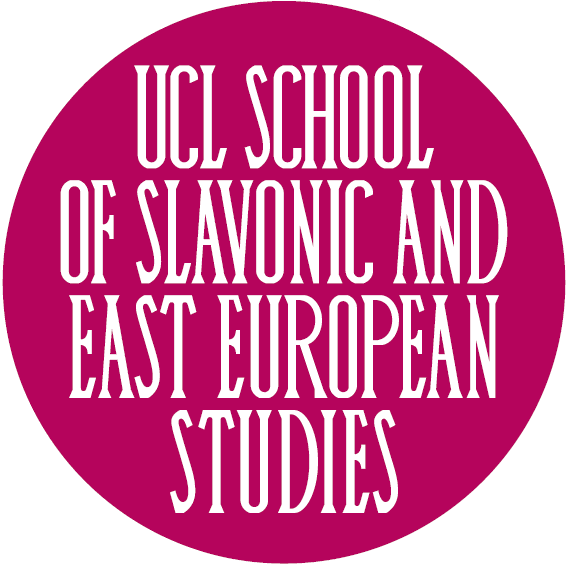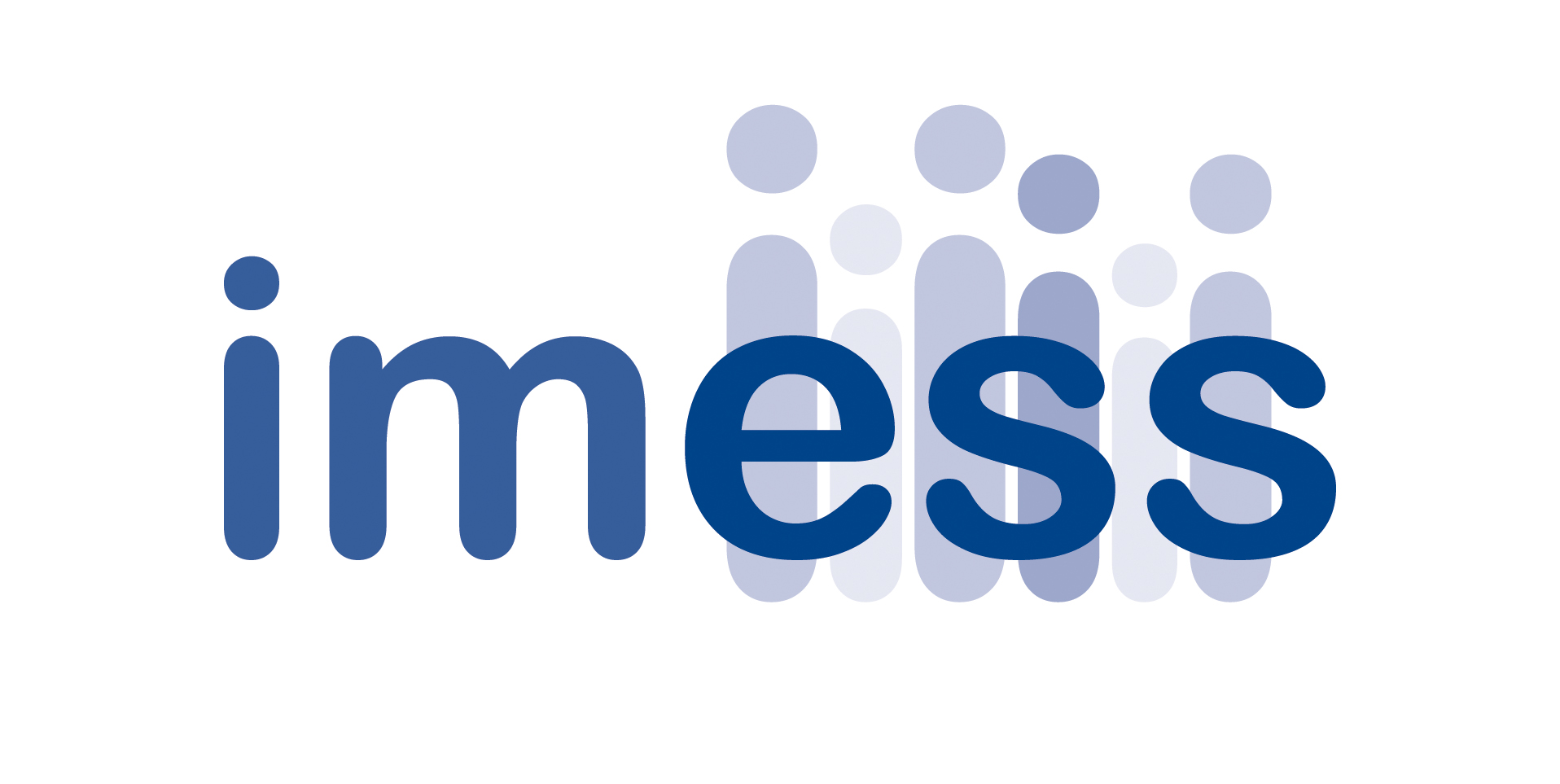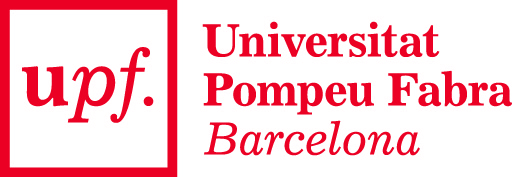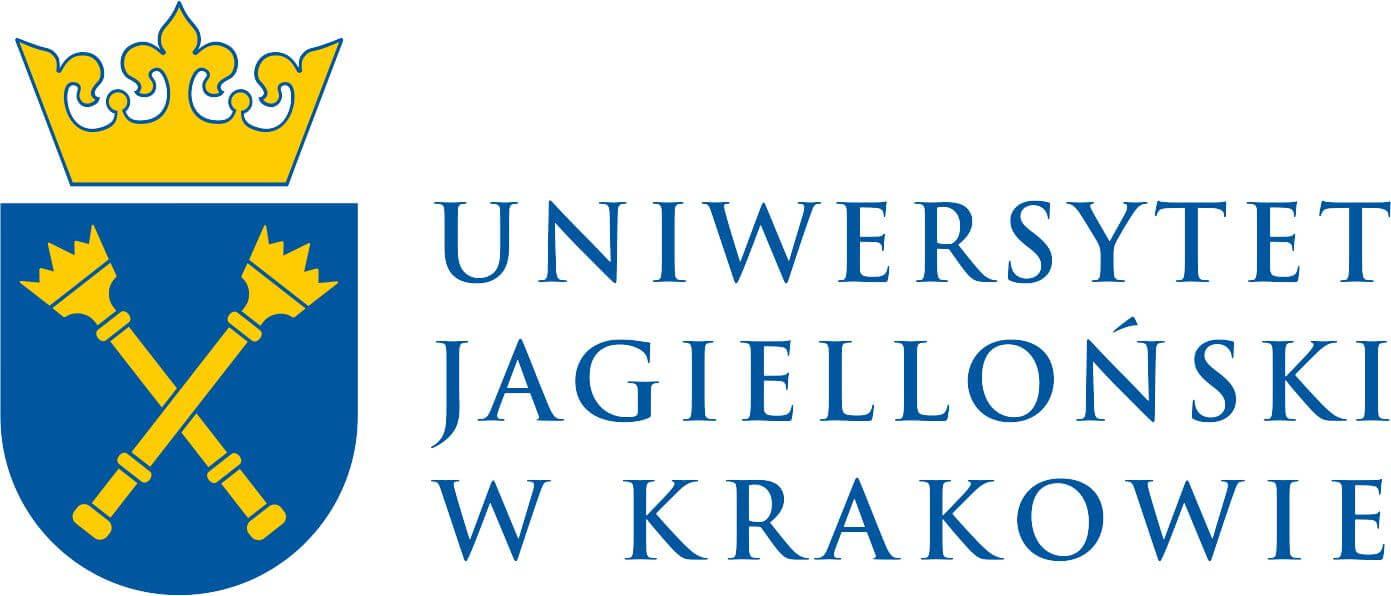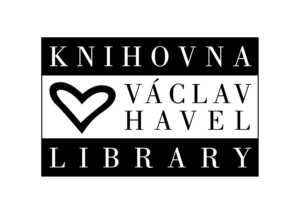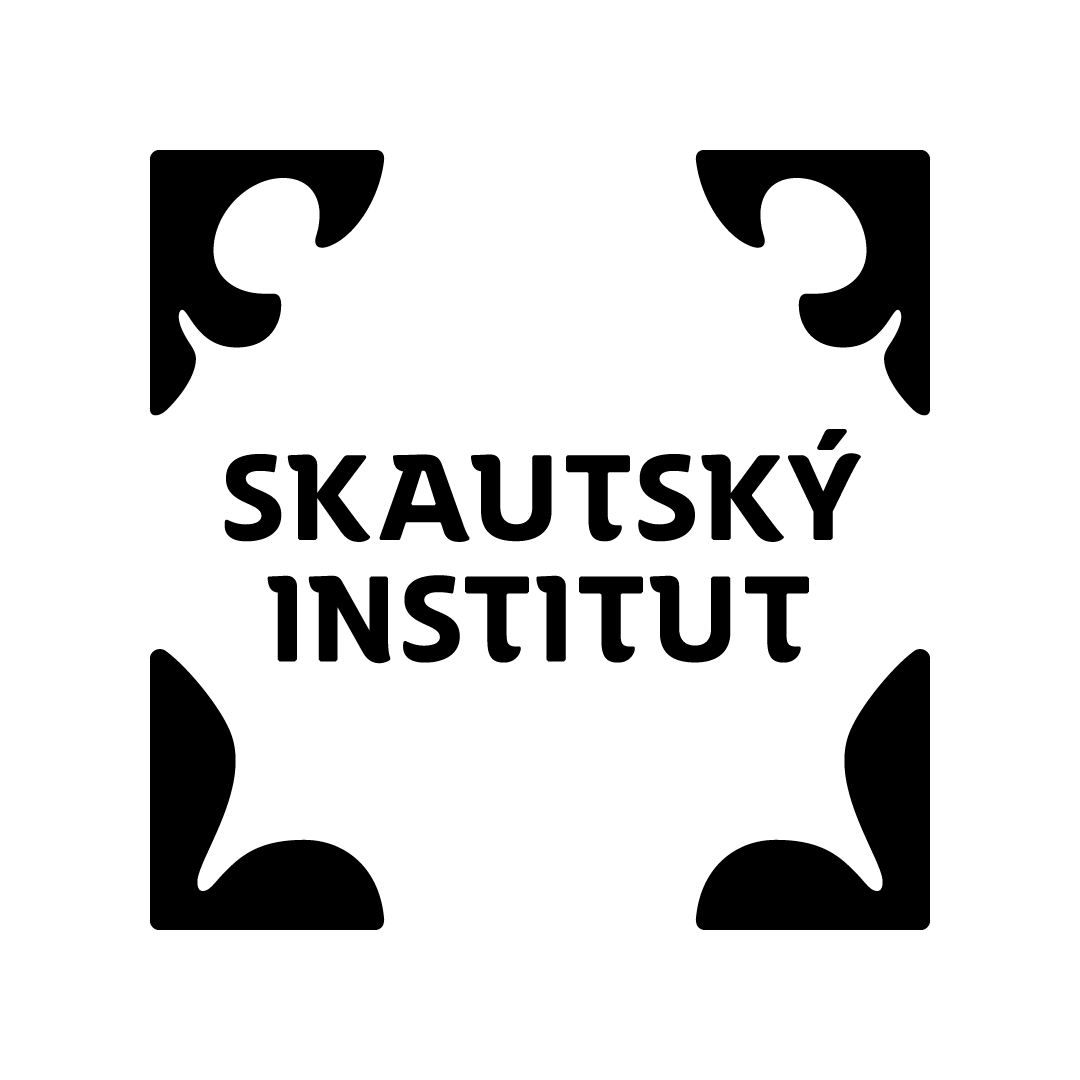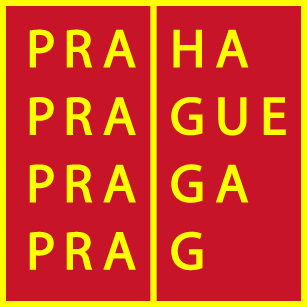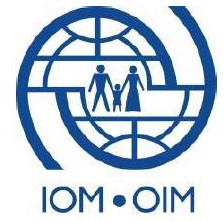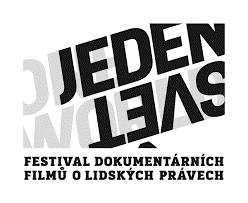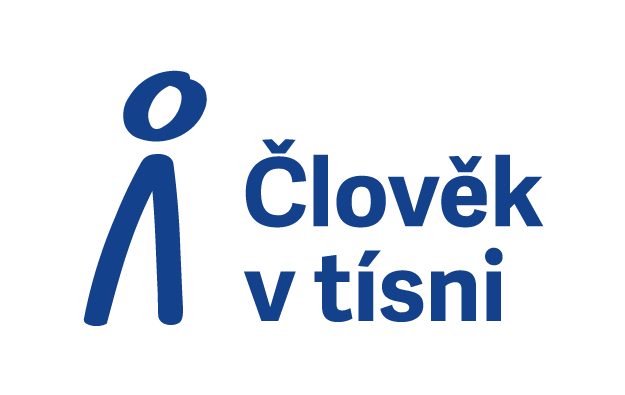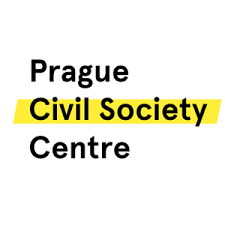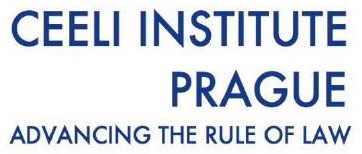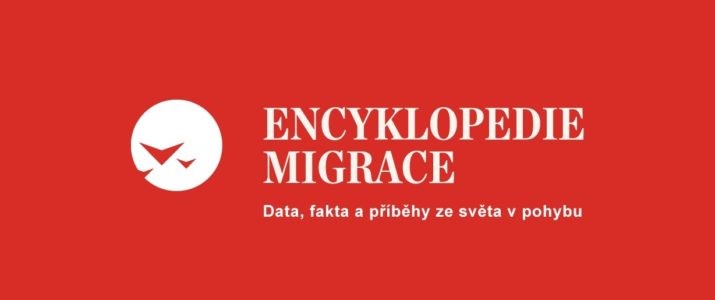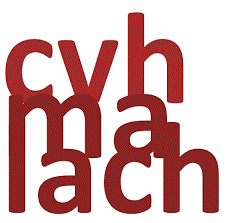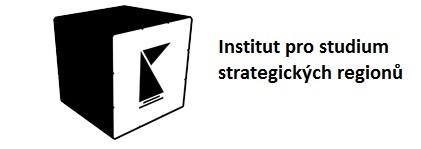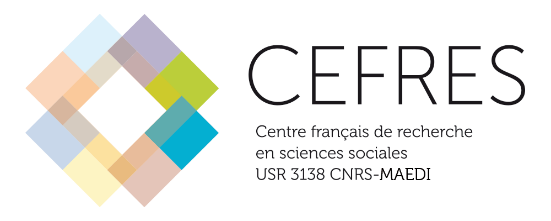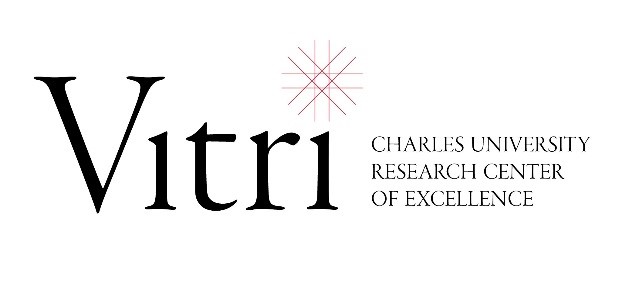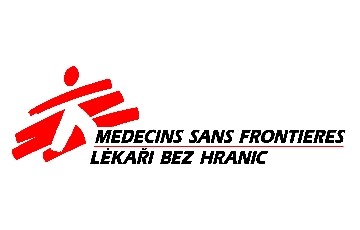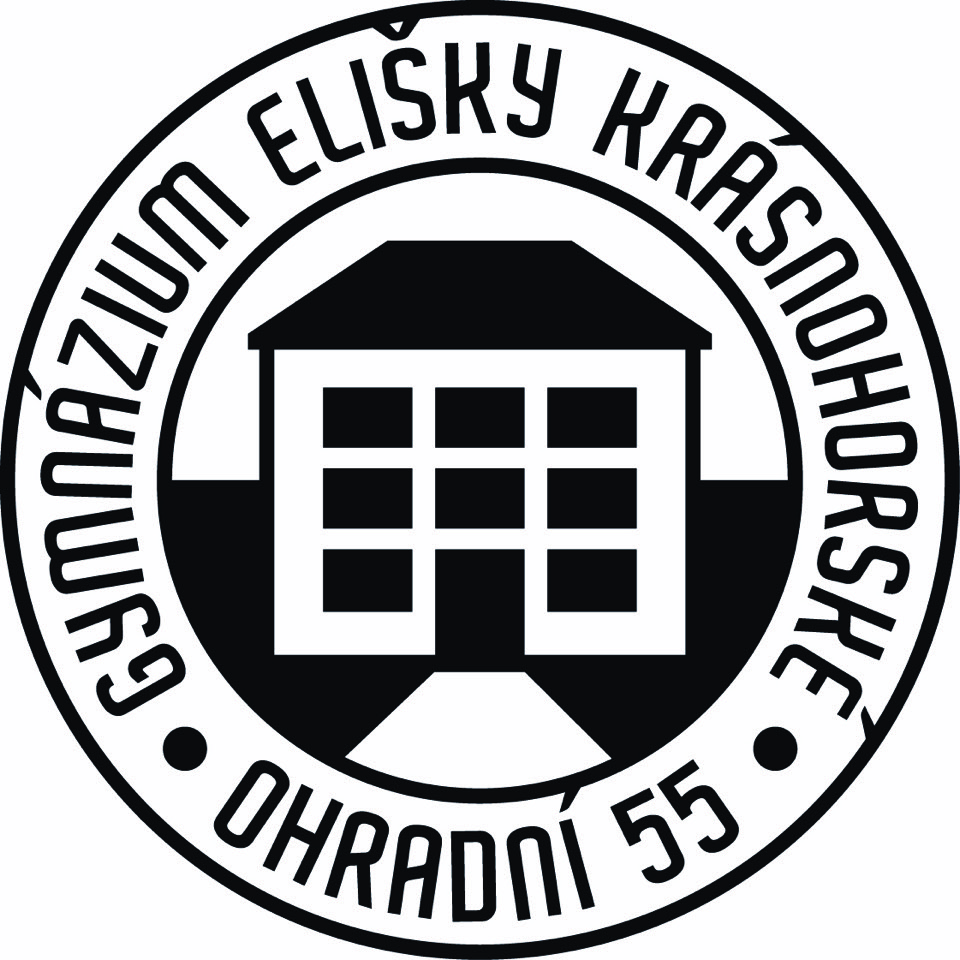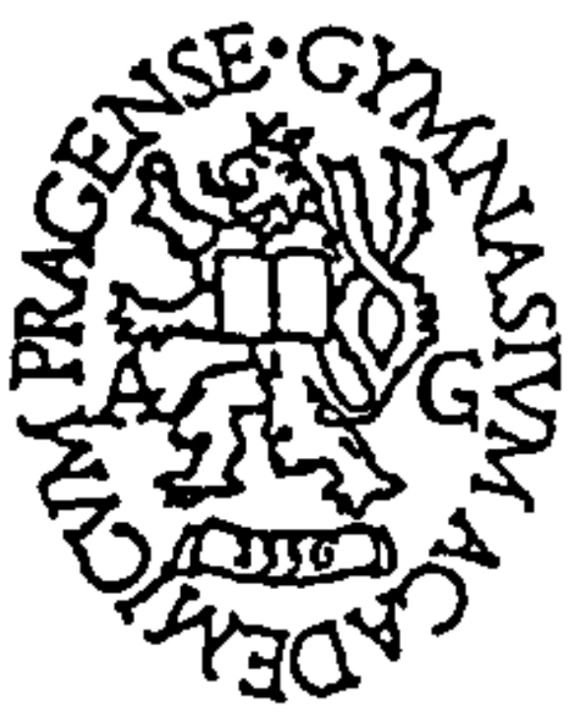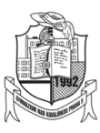GAUK Kolodii
The Impact of Science and Technology Cooperation on Russo-Chinese Strategic Alignment post-1991
Russia and China denote their relations as strategic partnership. Theoretically, strategic partnership as a form of interstate alignment is driven primarily by economic interests, does not seek to confront any third party as a threat, and is informal in nature with low commitment costs. In the technology realm, however, Russia and China have been increasing their cooperation on security, rather than economic, aspects of technology, have formalized their cybersecurity cooperation with a cyber-pact and have jointly been accusing the US of abusing global Internet governance. These and other instances of Sino-Russian cooperation in emerging technologies seem to cause securitization of Sino-Russian alignment and render it confrontational and increasingly revisionist, surpassing theoretical criteria of strategic partnership per se. In this regard, my project asks, how has technological and scientific cooperation impacted Sino-Russian alignment since 1991, and what strategic security implications does it entail? My key hypothesis is that technological and scientific cooperation has transformed Sino-Russian relations into a more securitized, antagonistic, competitive, and revisionist form of alignment that surpasses traditional attributes of strategic partnership. To examine this problem, my research will rely on alignment theory and focus on those emerging technologies, the dual (civil and military) use of which has profound security impact, namely nuclear, cyber and space technologies.
Research team
The principal researcher is Roman Kolodii, a PhD student in Area Studies at the Department of Russian and East European Studies, IMS FSV UK. The supervisor is Dr. Karel Svoboda.
Donor
This project is funded by the Charles University Grant Agency.

Duration
The project runs from April 2023 to September 2025.


